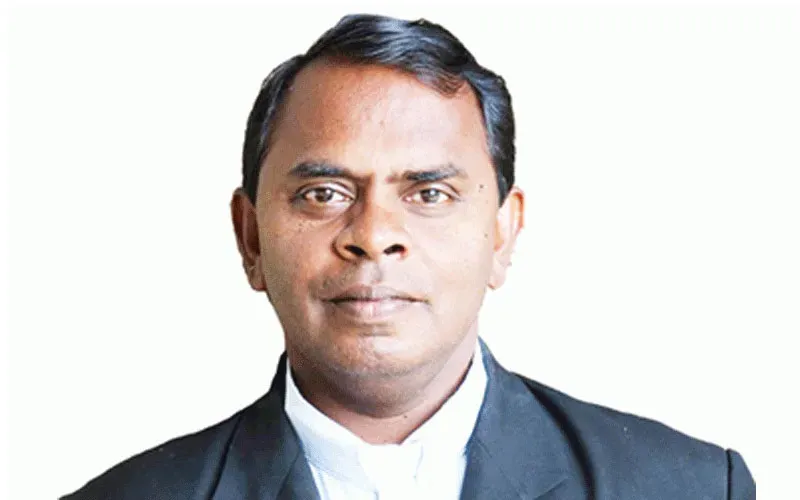The Priest who has served in Uganda’s education department for two decades says that the East African country witnessed schools being turned into apartments, rentals, and poultry farms.
He says that now that the schools in Uganda have reopened, teachers who have returned to teaching need to undergo a period of orientation and counseling just as the students.
“Just as students’ emotional state needs to be strengthened, so do the teachers’”, Fr. Arasu says
According to the SDB member, a few upscale schools that are well facilitated and serving a small group of elite families were able to conduct lessons online.
Online classes were, however, only possible with less than 1 percent of the population, mostly families living in and around Uganda’s capital city, Kampala, Fr. Arasu says, and adds, “Though the government proposed online classes as an alternative way of learning, it was not possible with families that do not have electricity, digital gadgets, and financial means to have good Internet connectivity.”
(Story continues below)
In Ugandan schools, students having missed close to two years of learning are behind by two classes. To address this gap, the Yoweri Museveni-led government gave a directive for automatic promotion of learners to the next class and the use of an abridged syllabus for saving the lost months, according to reports some weeks before the official reopening.
The abridged syllabus is not clear especially for lower classes and others sitting for national examinations, Fr. Arasu says, and adds, “It is however clear that the education standard will surely go down” and that the protracted school closure is expected to “have adverse effects on education for years to come.”
Fr. Arasu also commented on what he referred to as “an embarrassing and unprepared problem of teenage pregnancies during lockdown.”
The United Nations Population Fund has registered about 354,736 teenage pregnancies in 2020 and 196,499 in the first six months of 2021 in Uganda. “We can be sure that this figure is much higher, which is almost impossible for the families and other stakeholders to handle,” the Missionary Priest says in reference to the UNFPA statistics.
While releasing the school calendar on December 15, Uganda’s Minister of Education and Sports, Janet Kataha Museveni, advised the schools to allow pregnant and breast-feeding mothers to study, an announcement that has attracted mixed reactions.
Leaders of some churches in Uganda have criticized the Minister’s directive citing their duty to maintain minimum morality in their institutions and others expressing their inability to care for girls in this special situation and the possibility of stigma the pregnant girls are likely to suffer in school.
Fr. Arasu says that the mixed reactions have created an impasse between the government and the churches that own a significant percentage of schools in Uganda.
The chaplain of Don Bosco Palabek Refugee Services that provides home to thousands of refugees in Uganda also notes that the country’s population grew exponentially during COVID-19 lockdown, underscoring the need for the government to start expanding the education infrastructure.
“It is urgent to open new schools to accommodate the increased number of learners, especially in the nursery and lower classes. But no one seems to talk about it,” he says.
He also notes that many schools were dilapidated during the 22 months of closure. The schools need to repair their roofs, furniture, toilets and other infrastructure, Fr. Arasu says, and expresses bafflement that the Ugandan government has given primary schools a meager sum of USH.450,000.00 (US$130.00) to conduct facelifts.
The Catholic Priest in Uganda says that some schools have reported that their documents and learning materials have been destroyed by termites after two years of no use.
Amid the challenges, many schools that cannot cope have had to close shop in small towns and parents are forced to take their children to other schools, incurring new expenses while at it.
Agnes Aineah is a Kenyan journalist with a background in digital and newspaper reporting. She holds a Master of Arts in Digital Journalism from the Aga Khan University, Graduate School of Media and Communications and a Bachelor's Degree in Linguistics, Media and Communications from Kenya's Moi University. Agnes currently serves as a journalist for ACI Africa.








